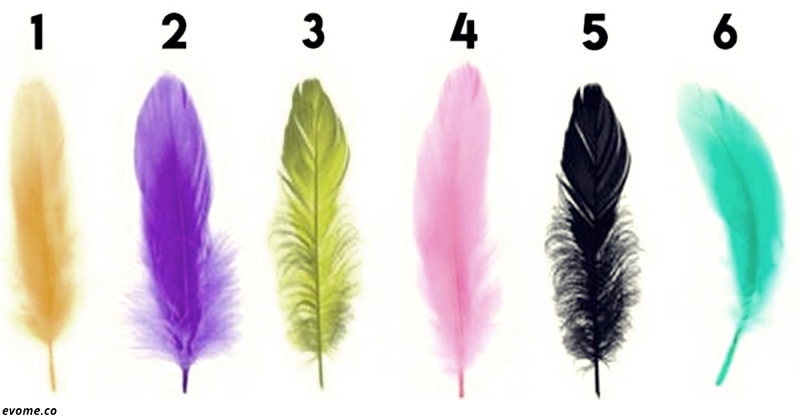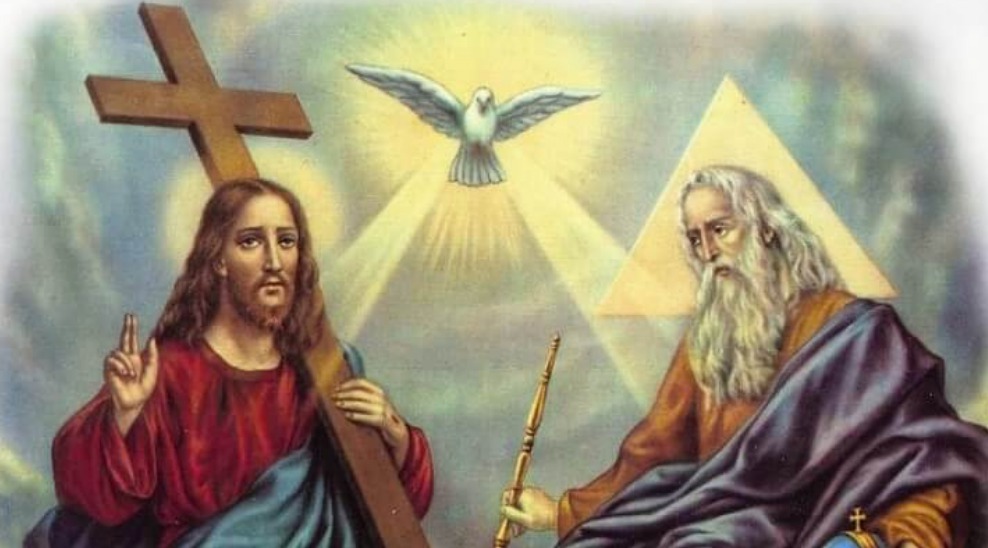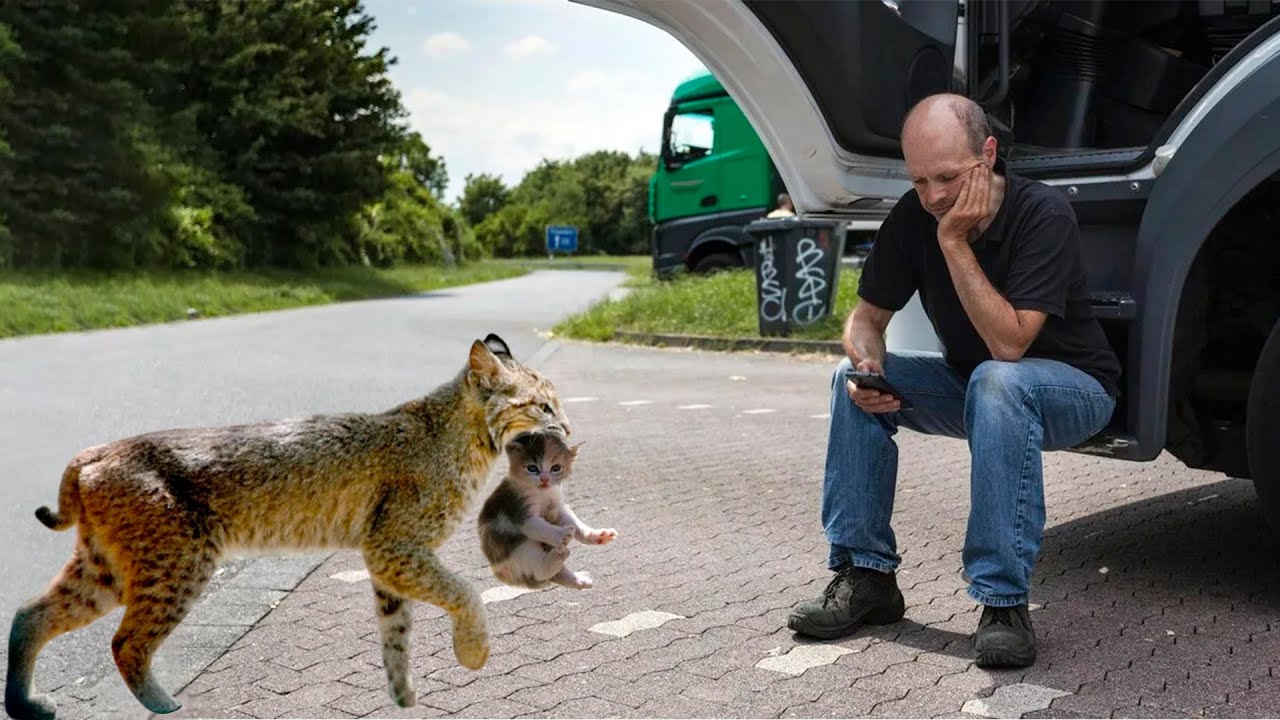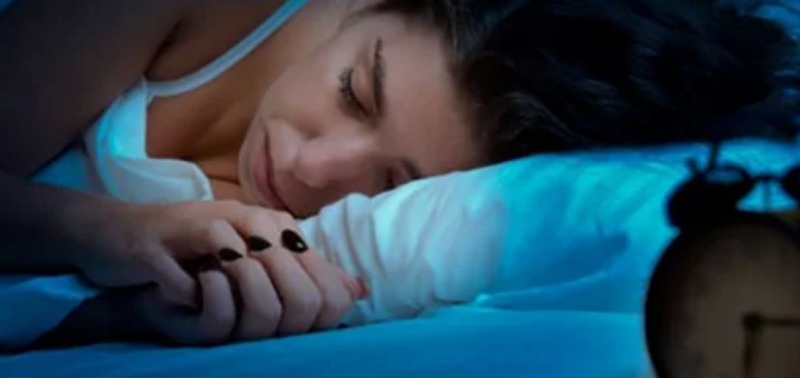She wore a white blouse under a navy blazer, a name tag clipped to her chest that read, Neuroscience Research Scholar, University of San Francisco. Alyssa stood in front of the three-story glass building, her heart full. She took a deep breath for the first time in years, her nose wasn’t itchy.
There was no more stench. No more eyes watching from within. Beside her stood a graying man with a kind smile, Dr. Michael Smith, now in his fifties, honorary professor at the University of Chicago.
We made it, he said, his voice warm. The first step on a new journey. I still can’t believe it.
I really got in. You didn’t just get in. You earned it.
Alyssa gave a soft laugh, her eyes misty. If you hadn’t believed me back then. Then I wouldn’t have saved a genius.
They exchanged a glance. No more words were needed. The long nights, the nightmares, the horrific scans they were behind them now.
Just memories and motivation. That evening, Alyssa appeared on a special American TV talk show titled, Through Hell, True Stories of Survival. She sat center stage under soft lights.
The host, a middle-aged woman named Claire Monroe, began. Ladies and gentlemen, the young woman before you is a living symbol. A survivor of one of the most shocking bioethics cases in recent U.S. history.
Alyssa gave a humble smile, eyes lowered to her hands resting in her lap. Thank you, Ms. Claire. I’m deeply moved to be here, to finally share a story that back then almost no one believed.
The host nodded, her voice gentle. Can you share with the audience, what was the most painful thing you went through? Alyssa paused for a moment, then spoke her voice clear and firm. The most painful thing wasn’t the creature in my nose.
It wasn’t the beatings, or the disgust in people’s eyes. It was saying the truth out loud and having no one believe me. Being treated like I was insane, a nuisance, just because what I felt didn’t fit into the world’s idea of normal.
The auditorium fell completely silent. She continued. If it hadn’t been for Dr. Smith, if there hadn’t been an adult brave enough to ask questions, to listen.
I might have died just like my father. And that creature, it could have multiplied. Claire Monroe wiped away a tear.
And now, what do you want to do with this new life? I want to become a neurologist. But not just to treat disease. I want to study what medicine hasn’t dared to name yet.
So no other child has to scream in despair like I once did. Thunderous applause erupted throughout the hall. Many rose to their feet.
After the talk show, Alyssa returned to her hotel room and opened the old laptop Dr. Smith had given her when she was 16. On the screen, dozens of research documents appeared, studies on the olfactory nervous system, foreign cell stimulation mechanisms, and the anatomical files on the organism now officially classified as type A, high-risk biological threat. She opened one file, staring at the old photo, the endoscopic image of the living eye inside her nose, its gaze cold, alien.
Alyssa whispered, You once controlled me, made me believe you were part of me. But you’re just a memory. And I won.
She clicked the power button. The screen went black. One week later, at the Pan-American Young Researcher Scholarship Ceremony in Boston, Alyssa stepped up to the stage to receive her award.
In front of hundreds of professors and international experts, she gave her speech in fluent German. I didn’t come here to retell a tragedy. I came because I believe science can save lives but it can also destroy them when it lacks ethics.
I am the result of a mistake. But I chose to turn that mistake into knowledge. That is why I will dedicate my life to studying the boundary between life and control.
The entire auditorium rose, applauding non-stop. Back in the U.S., Martha Parker was sentenced, 26 years in prison without parole for murder, child abuse, illegal experimentation, and obstruction of criminal investigation. At the final hearing, when asked if she had anything to say to the victim, Martha silently looked at Alyssa who had taken the stand to testify then turned away without a word.
Alyssa didn’t look back. At the end of that summer, in Chicago, Smith hosted a small farewell party at his home to celebrate Alyssa’s upcoming long-term research trip to Germany. Colleagues, former students, and nurse Emily all came.
There was laughter, soft music, and even a few tears. Emily clinked glasses with Alyssa. I still remember the way that creature looked at us.
But when I look in your eyes now. I know who won. I didn’t win alone.
Everyone who believed in me did, Alyssa replied. Smith walked over and handed her a small box. A parting gift.
Alyssa opened it, inside was a surgical cap embroidered with the words. The one who defeated the darkness, conqueror of the dark. She hugged him tightly.
I’ll wear it on my first day of residency. On her final night in America, Alyssa stood at her window, gazing out at the glowing city lights. She inhaled deeply.
A cool breeze passed through, carrying the faint scent of lemon trees lining the street. There was no more stench. No more itching.
No more fear. Only faith. She closed her eyes and whispered like a vow.
I survived. And from now on, I will live for the children no one believes. Alyssa’s story reminds us that truth no matter how deeply buried will always find a way out, if someone is brave enough to listen and to protect it.
Sometimes, the most dangerous monster isn’t the one hiding in the shadows, but the apathy of a world that refuses to acknowledge someone else’s pain. In a society full of doubt and judgment, the most precious thing is belief, in the voice of those who are never heard. And sometimes, all it takes, is one person who believes in you. That alone, can save you from the dark.













